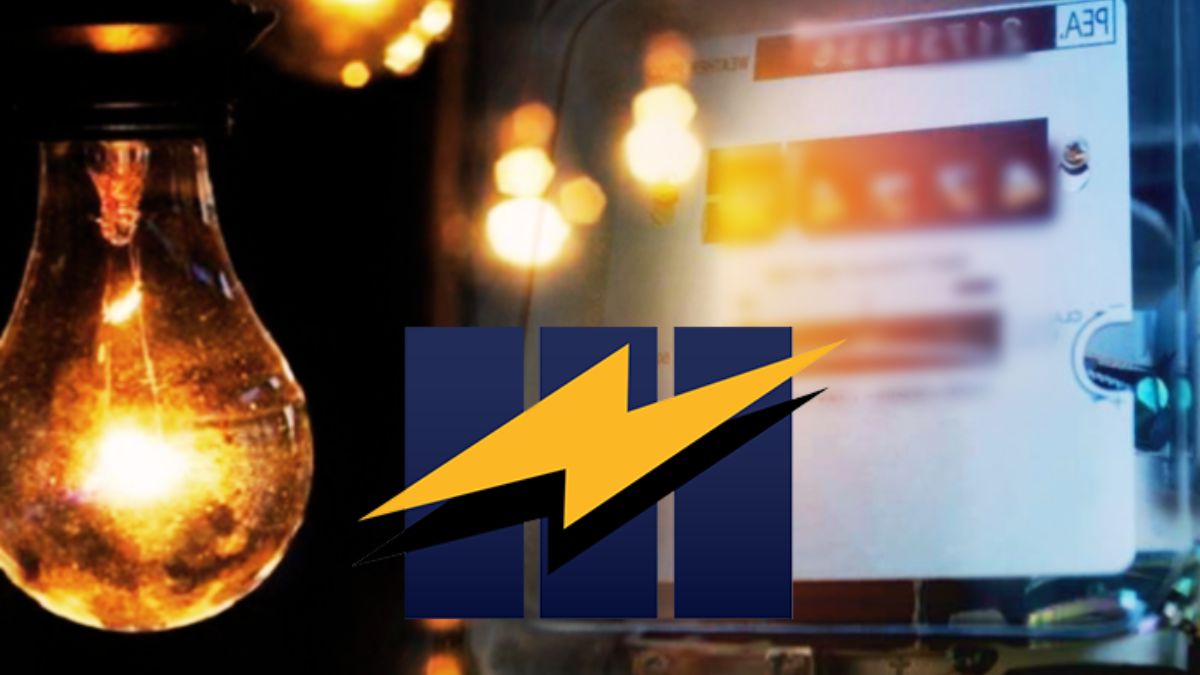Business
CEB’s Shocking Rate Hike Leaves SMEs Shocked by Bills

After the wage increase at the beginning of the year and the rise in prices of raw materials, small and medium enterprises (SMEs) are now facing an increase in electricity tariffs in effect since last February.
The Central Electricity Board (CEB) is facing financial crisis with bank overdrafts reaching Rs 7 billion, marking the end of its prosperous era.
Formerly holding reserves in billions, the CEB is now grappling with deficits since the financial year 2021-2022.
Meliwear, a company specialized in sock manufacturing, paid Rs 99,000 for its electricity bill in December 2023, but had to fork out Rs 120,000 for the same amount of electricity consumed in February of this year, representing a 20% increase, which is significant for a SME, according to director Lew Kim Pin.
He noted that the company is already shelling out an additional Rs 100,000 per month for salary payments since the start of the year, despite receiving government aid of Rs 1,500 per employee.
The increase in electricity tariffs is further adding to the production costs. V Formula, a textile company, also saw a 40% increase in its electricity bill. Director Nitish Rama highlighted the multiple cost hikes within just a few months, starting with wage increases.

Jean Claude Ip Man Pun, director of Mac & Allan Ltd, a leather bag production company, saw his electricity bill jump from an average of Rs 45,000 to Rs 65,000 per month following a tariff increase, and then to Rs 98,000 in February 2024.
This comes as the company is already facing financial difficulties due to rising payroll expenses and the increasing cost of raw materials.
The delayed financial assistance from the Mauritius Revenue Authority is further affecting their cash flow.
The increase in electricity tariffs is having a huge impact on production costs, resulting in lower profit margins.
As a result, companies like Mac & Allan Ltd are forced to increase their prices by 16% to 22% this year, higher than the usual annual increase of 5-10%.
Meliwear is also considering a 10% price increase but is wary of losing customers in a highly competitive market.
The Central Electricity Board explained that the tariff increase for commercial and industrial consumers, including SMEs, was implemented in two phases, with the second phase taking effect in February 2024.
To help reduce electricity bills, the CEB recommends SMEs to take advantage of the Carbon Neutral Initiative Scheme and the Medium Scale Distribution Generation.
The new tariff rates for industrial consumers are as follows, effective from February 1, 2024:
- First 500 kWh at Rs 5.75 per kWh
- Next 500 kWh at Rs 6.17 per kWh
- All additional kWh at Rs 6.44 per kWh
The increase in electricity tariffs is putting a strain on SMEs, forcing them to raise prices and navigate a challenging market environment while trying to maintain their customer base.
Source: Defi Media











